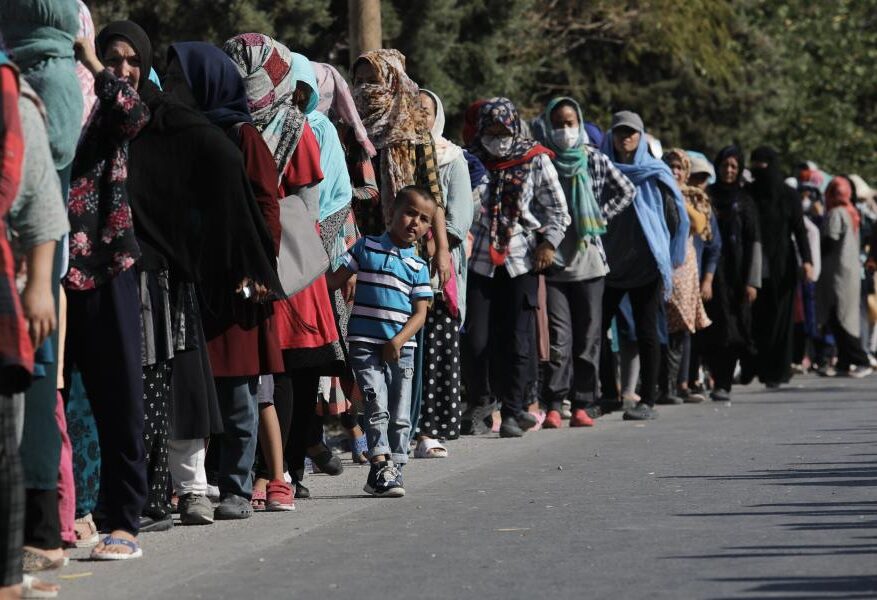29 civil society organizations, including the Diotima Center, co-sign a Joint NGO briefing paper calling the government of Greece, European Commission and EU Member States to complete the current relocation scheme.
Since 2015, over 25,000 vulnerable refugees and asylum seekers, including unaccompanied children, have been relocated from Greece to other European countries. These relocation programs – the result of Decisions of the Council of the EU establishing an emergency mandatory relocation scheme, bilateral agreements between EU Member States and Greece, and a voluntary EU scheme established in 2020 – have transformed the lives and prospects of these people. Despite a significant decrease in arrivals in 2020 and 2021, there is still a compelling need for continued relocation from Greece. As of August 2021, there remain an estimated 2,738 unaccompanied children in Greece.
European countries and the European Commission have the resources and ability to offer these vulnerable individuals a brighter future, offering a demonstration of solidarity both with asylum seekers and the government of Greece. This solidarity should not be considered solely humanitarian or a gesture of political support, but the respect of the core legal principle of the EU.
As the voluntary EU scheme is scheduled to come to an end, 29 civil society organizations call the government of Greece, the European Commission, and the EU Member States to complete the current relocation scheme, fulfilling all the pledges made and continue relocations, with pledges by individual states coordinated and structured through an extended EU scheme, until a permanent relocation mechanism as proposed in the new EU Pact on Migration and Asylum is established.
The 29 civil society organizations call the destination country’s authorities to:
- Ensure that appropriate reception conditions are established and an individual care plan set up prior to departure;
- Minimize the number of moves asylum-seekers undergo after arrival to facilitate integration and improve well-being;
- Prioritize family unity and social ties;
- Ensure family members of relocated unaccompanied children, whether in Greece or other countries, can apply to be reunited under an expedited process;
- Involve civil society actors with expertise in the relevant fields.
Read the paper here: Relocation from Greece_lessons learned and looking ahead
Signatory organizations
- Centre Diotima
- Changemakers Lab
- Child Circle
- Danish Refugee Council (DRC)
- ECHO100PLUS
- Equal Rights Beyond Borders
- European Lawyers in Lesvos (ELIL)
- Fenix – Humanitarian Legal Aid
- Greek Council for Refugees
- Greek Forum of Migrants
- HumanRights360
- I Have Rights (Previously RLCB)
- International Rescue Committee
- Irida Women’s Center
- Leave NOne Behind
- Legal Centre Lesvos
- Lesvos Solidarity
- The HOME Project
- Médecins Du Monde – Greece
- METAdrasi- Action for Migration and Development
- Mobile Info Team (MIT)
- Network for Children’s Rights
- Refugee Legal Support (RLS)
- Samos Volunteers
- Safe Passage International
- Save the Children
- SolidarityNow
- Still I Rise
- Terre des hommes Hellas





